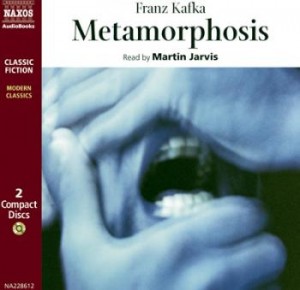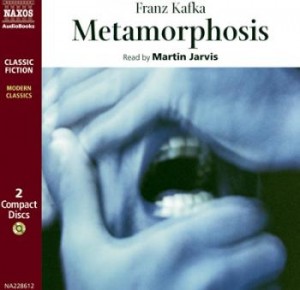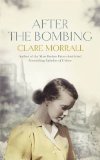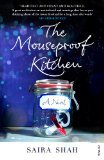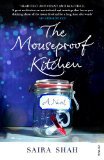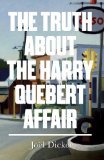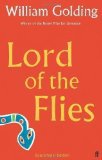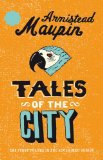Five words from the blurb: salesman, transformed, insect, trapped, room
The Metamorphosis is a book I’d always avoided as I suspected it would be disturbing and/or impenetrable. I’m pleased I decided to give it a try as neither of these preconceptions were true. The Metamorphosis is actually easy to read and isn’t very dark at all – in fact it is quite funny in places.
The book begins with Gregor, a travelling salesman, waking up to discover that he’s been transformed into a giant insect. It is one of those rare cases where an author manages to take a fairly unrealistic concept and make it feel real. I loved Gregor’s confusion and the way he slowly learnt what life as an insect felt like.
….when he lifted his head a little he could see his dome-like brown belly divided into stiff arched segments on top of which the bed quilt could hardly keep in position and was about to slide off completely. His numerous legs, which were pitifully thin compared to the rest of his bulk, waved helplessly before his eyes.
It is a short book (just two discs in the audio version) and the plot is very simple, but I was entertained throughout. Martin Jarvis’ narration was excellent and I recommend this book to anyone looking for something a bit different.

.
